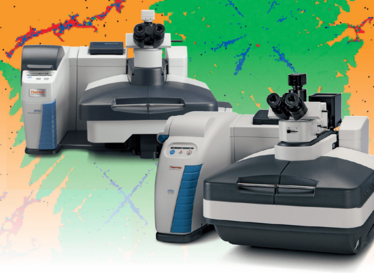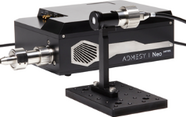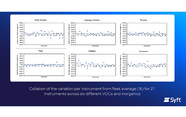Characterization of Wound healing progress with Raman Spectroscopy

contributed by Thermo Fisher Scientific |
Introduction
Engineering the properties of polymers and polymer composites requires control of molecular orientation. Molecular orientation affects characteristics like strength, flexibility, optical and thermal properties. Polarized Raman spectroscopy is ideal for characterizing molecular orientation and detailing the chemical makeup of a polymer.

Isotactic polypropylene (iPP) is a good example to illustrate the analysis of molecular orientation in polymers. It is a classic example of a stereo-regular polymer. iPP has a simple hydrocarbon backbone consisting of carbon-carbon single bonds with pendant methyl groups (-CH3) arranged along one side of the polymer chain. This regular repeating structure leads to a high degree of crystallinity. iPP can be found in a variety of different polymorphic forms.
>> Download the full Application Note as PDF
Log in or register to gain full unlimited access to all content on the The Analytical Scientist site. It’s FREE!

















